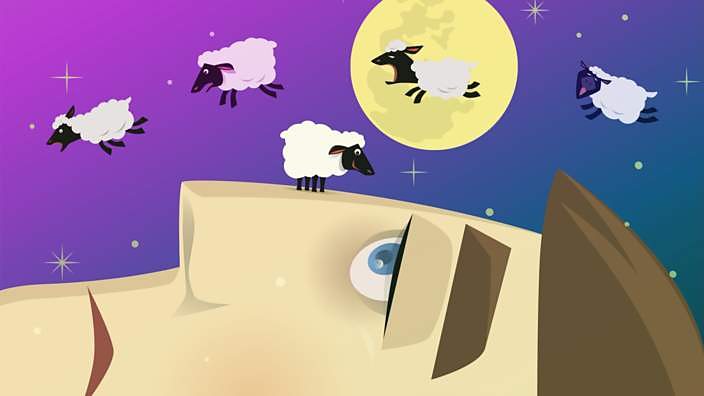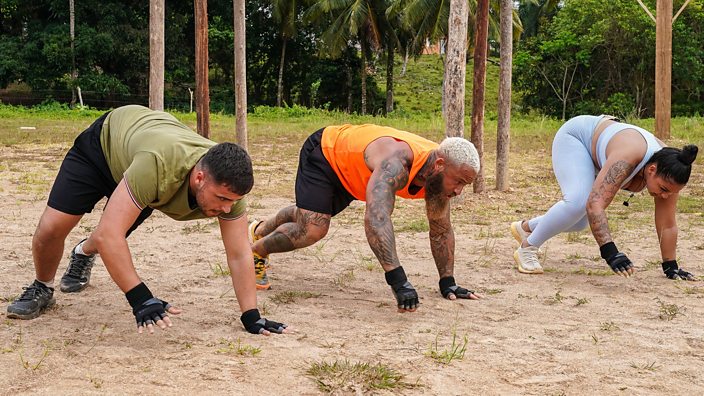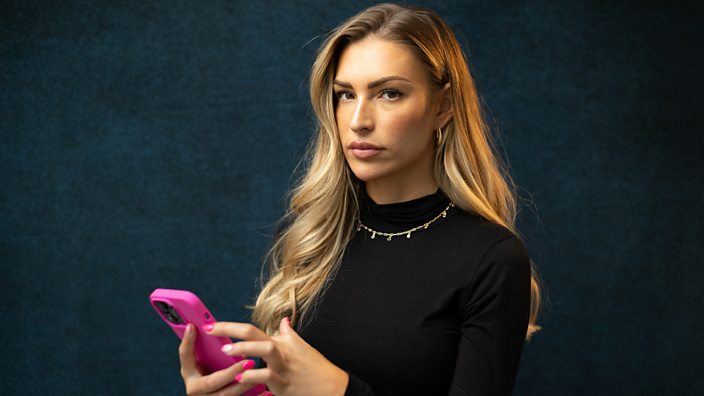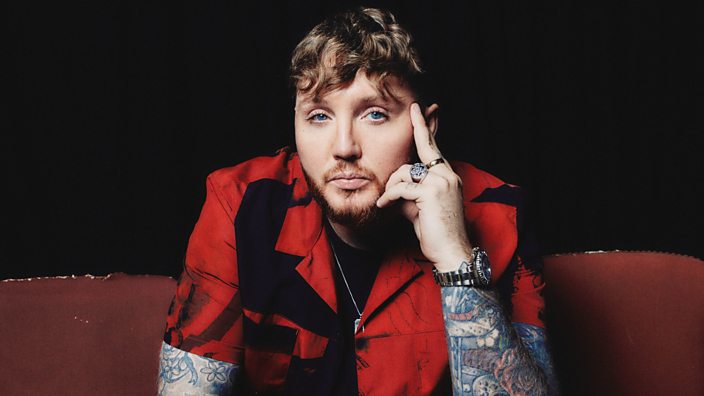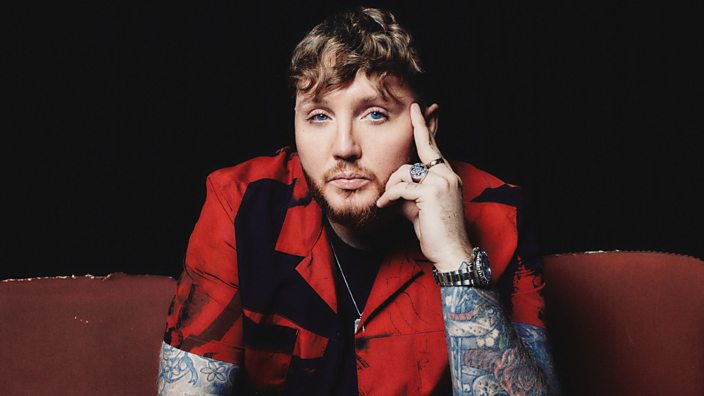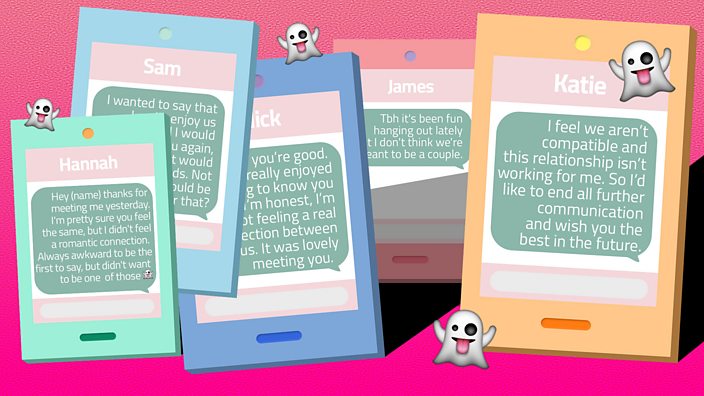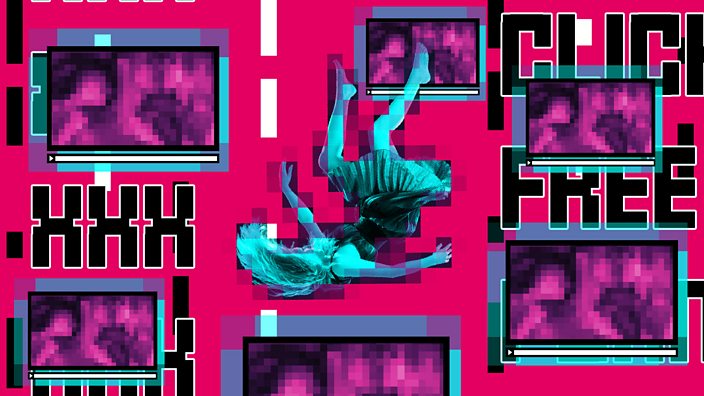You’re not getting enough sleep. I’m willing to bet my best pair of cotton pyjamas on it. And it’s not just you.
“We’re in the midst of a global epidemic when it comes to lack of sleep,” leading neuroscientist Matthew Walker, author of Why We Sleep: The New Science of Sleep and Dreams, tells me.
The average person in the UK now sleeps one hour less each night than the recommended eight, losing the equivalent of an entire night’s sleep each week. One in three of us is currently suffering from some form of insomnia. (Chronic insomnia is defined as interrupted sleep for more than three nights a week over three months, while acute insomnia is more short-term).
Gwyneth Paltrow is already capitalising on it with the marketable proposition of ‘ clean sleeping’ (probably an easier sell than ‘ vaginal steaming’).
Studies found that half of UK teenagers are sleep deprived.
“Teenagers and young adults are particularly affected,” Matthew says. There are various biological, environmental and social theories for why they're not getting enough sleep, including smartphone use. “For young people - for anyone - sleep is the single most effective thing you can do to reset your brain and body health.”
Sleep expert for Big Health and the NHS Dr Sophie Bostock explains: “Our understanding of sleep is [akin to] where we were on our thinking around diet and exercise about 30 years ago. People loosely know it’s a good thing, but are slowly starting to realise just how important.”
Why aren't we getting enough sleep?
Our modern world has lit up the night across our cities. Our bedrooms glow with the blue light of laptops and phone screens. Light is the enemy of sleep, particularly electronic blue light, which reduces melatonin levels and can stop us feeling sleepy. Bad news for the one in ten 11-18 year-olds checking their mobile phones for notifications at least 10 times a night.
Plus, high social media use may contribute to feelings of anxiety.
“Issues with insomnia are often psychological,” says Matthew. “Anxieties around social relationships, professional life, and personal finance are the three big ticket items that psychologically affect us and break the normal rhythm of healthy sleep."
How to get to sleep
So for all of us tossing and turning through the night, whether as chronic insomniacs or occasional bad sleepers, how can we get more sleep – and be happier, healthier, and less grumpy as a result?
Repeat a neutral word
One of the first things I learned is that counting sheep is not the solution. (Spoiler, I know.)
“It’s not neutral enough,” says Stephanie Romiszewski, Sleep Physiologist at the Sleepyhead Clinic. “You’d be much better doing something like repeating the word ‘the’ again and again. It’s much less easy to associate anything to a word like that, and your thoughts are more likely to drift off.”
Try the 'paradoxical intention technique'
Another tip is the ‘ paradoxical intention technique’, which consists of staring up at the ceiling (with no lights on) and repeating the mantra "I will stay awake for as long as I can, I will not shut my eyes." The theory is that doing the opposite of straining to sleep will reduce your performance anxiety, and make sleep occur more easily.
Ditch the alcohol and ignore faddy 'sleep-boosting' foods
On various corners of the internet, foods like kiwi fruits, turkeys and bananas are claimed to be the answer to nodding off.
Yet Stephanie speaks for every crash diet I’ve tried when she tells me there’s just no such thing as a quick fix.
“These things have such a minute effect on your sleep,” she says. “Turkey, for example, has the sedative tryptophan in it. But you’d have to eat a hell of a lot of turkeys for that to have any effect.”
The humble night cap also doesn't stand up to scrutiny.
Dr Bostock explains: “People think a glass of wine helps them sleep – but when you metabolise alcohol, it works as a stimulant. So you might fall asleep, but the quality of your sleep won’t be as good. It also acts as a diuretic – so you’ll need to get up and go to the loo, further disrupting your sleep."
Have (good) sex
“What about sex?” I ask hopefully. A recent study found that sex and sleep are the two things that make you most content in life - can they work in tandem?
“Yes, if it’s a happy experience,” Dr Bostock tells me. “Orgasms release the hormone oxytocin, which relaxes you and could help you feel sleepy.”
Work on your 'sleep hygiene'
Both experts are most enthusiastic about ‘sleep hygiene’ – simple, proven measures that will boost your sleep quality, unless you’re suffering from a disorder.
The basics include setting your room temperature to 18 degrees celsius, avoiding looking at a screen for at least one hour before bedtime and keeping your room dark, uncluttered and dedicated to no other activity than sleeping (and sex). Reducing alcohol, avoiding caffeine after 2pm, and going to bed and waking up at roughly the same time every day will also help.
Try 'sleep TV'
A less established, but increasingly popular, sleep booster is online ‘sleep TV’. The rambling stories of Drew Ackerman in his gravelly voice (with 1.3 million downloads a month) is one example. Another is a 10-hour video of a waterfall on YouTube (it's had 2 million views so far).
Or ASMR
Some troubled sleepers are behind the growth of ASMR(autonomous sensory meridian response) videos on YouTube, which are described by internet communities as a “brain massage”.
It’s pretty weird at first look, with videos of people whispering, chewing gum, hair brushing and glass tapping. Yet a couple of videos in, I did feel oddly zen.
Some videos by ASMR Darling, one of the most popular channels, have racked up over 18 million views.
Stephanie believes this kind of content can be relaxing. But, she says, “It’s still a screen, which ideally you wouldn’t look at for an hour before bed. In fact, ideally, a screen would be coming nowhere near your bedroom – so there is a bit of an inherent flaw there.”
If things don't get better, try CBT
For chronic insomnia, she and Dr Bostock both recommend CBT (cognitive behavioural therapy). This essentially trains people in techniques for addressing the mental (or cognitive) factors associated with insomnia, and to overcome the negative emotions that accompany the experience of being unable to sleep.
However tempted you are, don't have a lie-in or a nap
What you should never do, according to Dr Bostock, is have a cheeky nap or a big lie-in. She says you cannot ‘catch up’ on a sleep deficit.
And, as Dr Bostock explains, “The only thing that makes you really sleep is your sleep drive. The longer you’ve been awake, the bigger your drive to sleep. You can cheat that by drinking coffee or eating sugar, but only temporarily. By taking naps, you mess with the sleep drive – and prolong the problem. So if we get a bad night’s sleep, we should still be getting up at normal time, and staying up till we’re tired again.”
So ditch the turkey breasts, switch off the lights and see if our tips work for you this evening.
